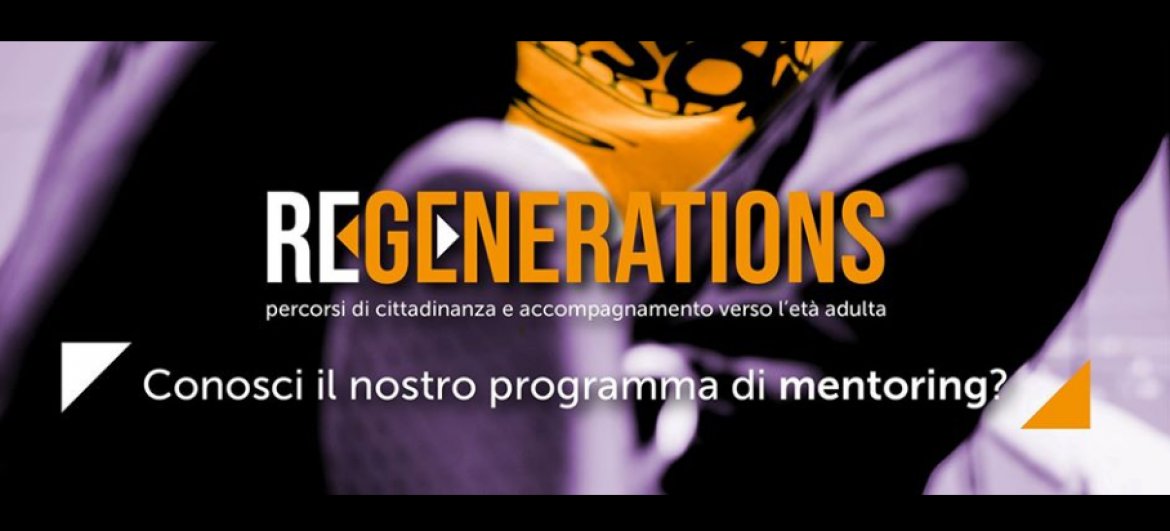
Youth Mentoring Begins in Greece and Italy as Part of Re-Generations
A few months ago we explained the role of Punt de Referencia in the Re-Generations project: Defence for Children (Italy) and ARSIS (Greece), were interested in initiating projects to mentor young refugees as they come of age as adults. Punt de Referència assisted them in training each organization’s professionals, adapting the Referents Project’s methodology to the needs of each, and monitoring the implementation process.

In early 2020, after receiving training from Punt de Referència, ARSIS and Defense for Children completed their own training process of new mentors for the pilot groups. But unluckily the COVID virus hit just as they were assigning volunteers to the youth with whom they would start the mentoring relationship, or in some cases, shortly after the first encounters. Both organizations have had to conduct some assignments and follow-ups virtually.
In March, a joint participation was also planned for the European Mentoring Summit (postponed until the autumn), as well as a meeting to be held in Barcelona, in order to continue with Punt de Referència’s training process. In the end, the training day was held virtually, organized In early 2020, after receiving training from Punt de Referència, ARSIS and Defense for Children completed their own training process of new mentors for the pilot groups. But unluckily the COVID virus hit just as they were assigning volunteers to the youth with whom they would start the mentoring relationship, or in some cases, shortly after the first encounters. Both organizations have had to conduct some assignments and follow-ups virtually.
Session 1: Accompaniment from an affective bond: The potential of accompaniment stemming from an affective bond was highlighted. ARSIS and Defense for Children put on the table cases and dilemmas that have arisen as mentoring relationships began: for example, how to work to achieve a balance between the educational goals to be achieved with the young person and taking care of the affective bond in the relationship.
Session 2: Delving into the monitoring phase of the mentoring relationships: Now that mentoring relationships have begun, it’s time to do the follow-up: which tools allow you to do this? What roles do the volunteer and the professional technician each play in the accompaniment and how can they complement one another?
Session 3: Closing phase of mentoring relationships: All mentoring relationships end with a closure, although the relationship may have continuity beyond the project. Sometimes it is necessary to make an early closure: at what point should a closure be considered and how should it be carried out in order for it to stay positive?
As the Greek and Italian mentoring projects consolidate, Punt de Referència will continue to guide them in the process. For their part, these two organizations are contributing to Punt de Referència’s understanding in the field of Human Rights, a perspective that can add considerable value to social mentoring.
